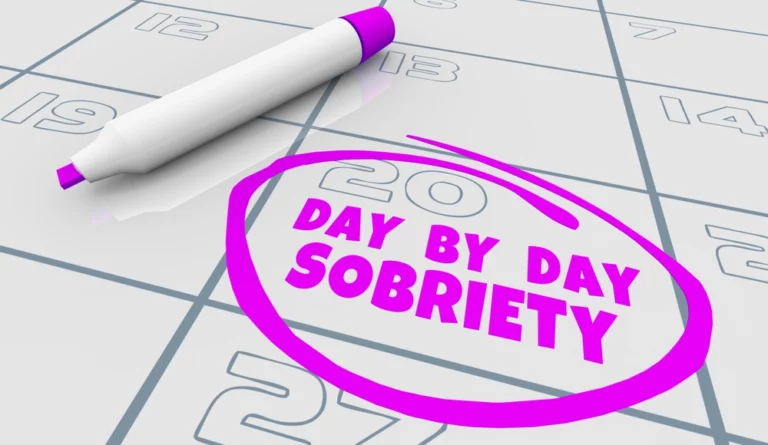Relapse is often viewed as a setback in addiction recovery, but it’s important to recognize that it’s a common part of the journey. Overcoming relapse requires understanding its triggers and implementing effective strategies. This guide provides practical tips to help you navigate and overcome relapse, reinforcing your path to long-term sobriety.
Recognizing and Understanding Relapse
Relapse doesn’t happen suddenly; it typically occurs in stages. Initially, there might be an emotional relapse where you’re not consciously thinking about using, but your emotions and behaviors are setting you up for a possible relapse. This can progress to a mental relapse where you start to think about using again, creating an internal struggle. If not addressed, this can lead to a physical relapse where you actually go back to using the substance. Understanding these stages is key to overcoming relapse, especially in cases of opioid addiction.

Common Triggers of Relapse
Various factors can trigger a relapse, with stress being one of the most significant. High levels of stress can lead to cravings as you might revert to substance use as a coping mechanism. Environmental cues like places, people, or things associated with past use can also trigger urges. Additionally, negative emotions such as depression, anxiety, and loneliness often serve as emotional triggers. Even positive events can be triggers if substance use was part of past celebrations, making it crucial to stay vigilant in all scenarios. By recognizing these triggers and developing effective coping skills, you can take proactive steps toward overcoming relapse.
Proven Tips for Overcoming Relapse
Identify and Understand Your Triggers:
- Keep a journal to track situations or emotions that trigger your cravings.
- Recognize patterns in your thoughts and behaviors to develop strategies to address them.
Develop Healthy Coping Mechanisms:
- Engage in physical activities like running, yoga, or dancing to provide an outlet for stress and anxiety.
- Practice mindfulness and meditation to manage emotions and stay grounded.
- Consult with a healthcare professional for additional strategies tailored to your specific needs.
Strengthen Your Support System:
- Join support groups like AA or NA to gain a sense of community and shared experience.
- Maintain regular contact with a therapist or counselor for personalized guidance and support.
- Having a solid support system can be especially beneficial when dealing with opioid addiction.
Create a Relapse Prevention Plan:
- Outline your triggers, coping strategies, and emergency contacts in your plan.
- Regularly review and update your plan to stay prepared for new challenges.
- An evidence-based treatment plan can be particularly effective in maintaining long-term sobriety.
Stay Engaged in Healthy Activities:
- Pursue hobbies and interests, volunteer, or learn new skills to build a sense of purpose and accomplishment.
- Maintain a balanced lifestyle by eating a nutritious diet, staying hydrated, and getting adequate sleep to support overall well-being and reduce the risk of relapse.
Set Realistic and Achievable Goals:
- Break down long-term recovery goals into smaller, manageable tasks to maintain motivation.
- Celebrate small victories to boost your self-esteem and commitment to sobriety.
- Seek the advice of a healthcare professional to tailor these goals to your personal needs.

What to Do If You Relapse
If you do relapse, it’s important not to blame yourself. Understand that relapse is part of the recovery process for many people and use it as a learning experience to strengthen your resolve. Reach out for immediate support by contacting a trusted friend, family member, or sponsor. Discuss what happened and seek advice on how to proceed, which is essential for overcoming relapse. Engaging with support groups can provide additional resources and encouragement.
Reviewing and adjusting your recovery plan is crucial after a relapse. Identify what led to the relapse and consider additional support or new strategies to prevent future relapses. Making these adjustments can help reinforce your commitment to recovery and provide a clearer path forward, helping you in overcoming relapse. A comprehensive treatment plan that includes detox and ongoing therapy can be particularly beneficial in preventing future relapses.
Knoxville Recovery Center
Knoxville Recovery Center offers a comprehensive approach to addiction treatment, focusing on the early stages of recovery with services like on-site detox, residential programs, and aftercare planning. Their holistic approach includes therapeutic nutrition, yoga, and mindfulness practices, ensuring individualized care for each client. By emphasizing client stabilization and preparation for continued treatment, Knoxville Recovery Center provides a supportive environment essential for overcoming relapse.
Connect With Us Now
Reach out to us now for immediate support, or let us know the best time to contact you through our confidential callback service. Your journey to healing is just a conversation away.
The Role of Mindfulness in Recovery
Mindfulness practices, such as meditation and mindful breathing, play a significant role in addiction recovery. These practices help individuals stay present, manage stress, and reduce cravings by increasing awareness of their thoughts and emotions. Incorporating mindfulness into daily routines can enhance overall well-being and provide effective tools for overcoming relapse. Studies have shown that mindfulness-based relapse prevention can significantly lower the risk of relapse by helping individuals develop a non-judgmental awareness of their triggers and responses.

Conclusion
Overcoming relapse is a crucial aspect of addiction recovery. By understanding your triggers, developing strong coping mechanisms, and building a solid support system, you can navigate through relapses and continue on your path to sobriety. Remember, each step forward, no matter how small, is progress. Stay committed, seek support when needed, and believe in your ability to achieve long-term recovery. With the right strategies and mindset, overcoming relapse is entirely possible and within your reach. Trust in evidence-based methods and the support of loved ones to guide you through this journey.








